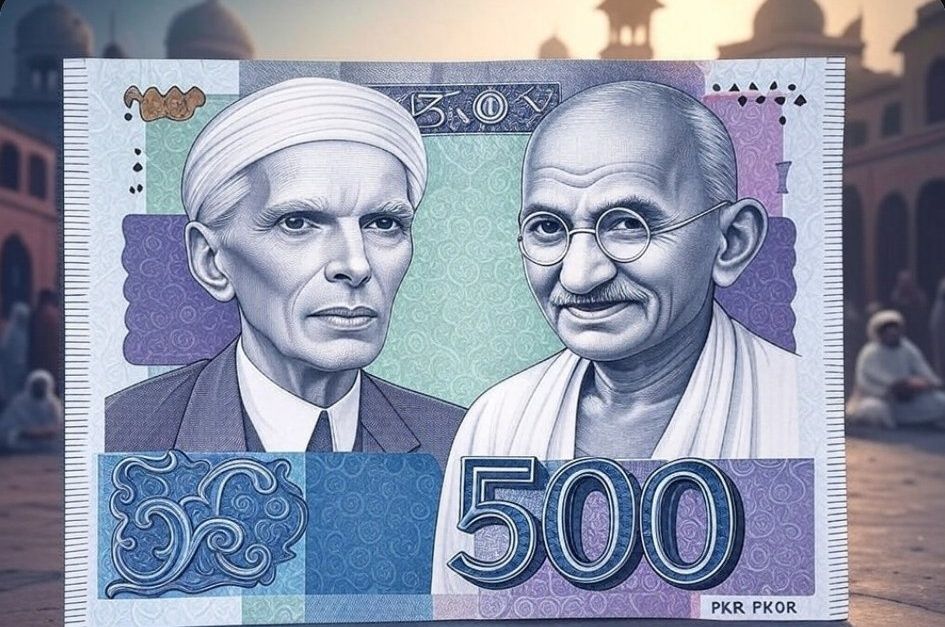You will die 7 years earlier if you live in Lahore for 1 year
Air pollution in Lahore has reached alarming levels, significantly affecting the life expectancy of its residents. According to recent research, individuals living in Lahore may lose up to seven years of life due to the severe air pollution plaguing the city, especially during the smog season. This environmental hazard has made Lahore one of the world’s most polluted cities, raising serious health concerns for millions of its inhabitants.
The National Commission for Human Rights has reported a disturbing finding: the average life expectancy of Lahore’s citizens has already decreased by 2.7 years due to prolonged exposure to pollutants. The city’s air is filled with harmful particles and toxins, including particulate matter (PM2.5), which is particularly hazardous to human health. These tiny particles penetrate deep into the lungs and bloodstream, increasing the risk of respiratory and cardiovascular diseases, as well as cancer.
Lahore’s annual smog season, primarily driven by industrial emissions, vehicular exhaust, crop burning, and weather conditions, exacerbates the air quality crisis. During this period, the air becomes so dense with pollutants that it forms a toxic blanket over the city, often leading to poor visibility, respiratory issues, and even school closures.
This significant reduction in life expectancy highlights an urgent need for comprehensive pollution control measures in Lahore. Experts suggest that a multi-pronged approach is essential to tackle this crisis. Key strategies include implementing stricter emission regulations, promoting the use of cleaner fuels, expanding green spaces, and raising public awareness about air quality and health risks. Government authorities must also collaborate with neighboring regions to reduce cross-border pollution.
In conclusion, air pollution in Lahore is a severe public health crisis that demands immediate attention. Without swift and effective action, the city’s residents will continue to face detrimental health consequences, further shortening their lifespan. The time to act is now to safeguard the health and future of Lahore’s population.







